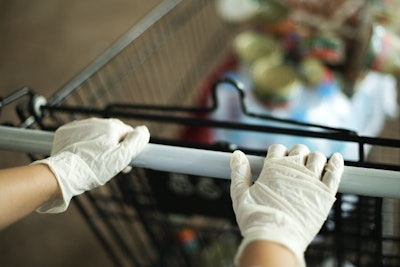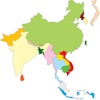
The alternative protein segment obtained US$930 million in funding during the first quarter of 2020, 11% more than the total investments in all of 2019, according to a new report from the Good Food Institute.
Most of the investments in the first three months of this year went to plant-based meat, egg and dairy alternative companies, although cell-based meat companies received 20% of the funding. Cultured meat raised US$189 million, the largest amount in the history of the segment.
I think it will be interesting to see how COVID-19 and its impact on the economy plays a toll on these investments, assuming they result in an increase in production.
If traditional products are still on the shelves – as they have been in my area – I think it will be hard to get consumers to pay an extra premium for specialty products simply because they do not have the budget to accommodate extra cost. I can't find any statistics that explain how many stores or customers are actually going without traditional meat but that's obviously not due to a lack of product and I think consumers will continue to – and maybe even more so - look to farmers to find what they need directly.
The cage-free egg industry was already experiencing this issue even before the downturn of the economy when customers continued to buy cheaper conventional products.
Plant-based products lack comfort
On top of that, there has been an abundance of pictures on the internet of grocery sections with minimal supply in the meat and poultry sections but still full of plant-based meat alternatives during the pandemic.
When asked why the demand for meat alternatives has not been so high in recent weeks, Enjoy Food Enjoy Life's Nicole Rodriguez, a registered dietitian and certified personal trainer, said simply because it is not what might be referred to as "comfort food," during the Animal Agriculture Alliance Virtual Stakeholder Summit session, "Conversations that Cultivate Trust: Staking Your Claim on the Plant-Based Plate" on May 7.
At a time when people do not necessarily feel they have control over certain facets of their lives, they do want to feel comfortable with what they are eating. I mean can you blame them? Especially when they may already be feeling uncomfortable just being in the grocery store during a pandemic.
People's connection with food is very personal, Rodriguez said, and memories are a strong tie between food and comfort, which leaves out plant-based proteins.
I know I am certainly uncomfortable with the new normal and adding something different to my diet sure is not going to help that.
View our continuing coverage of the coronavirus/COVID-19 pandemic


















